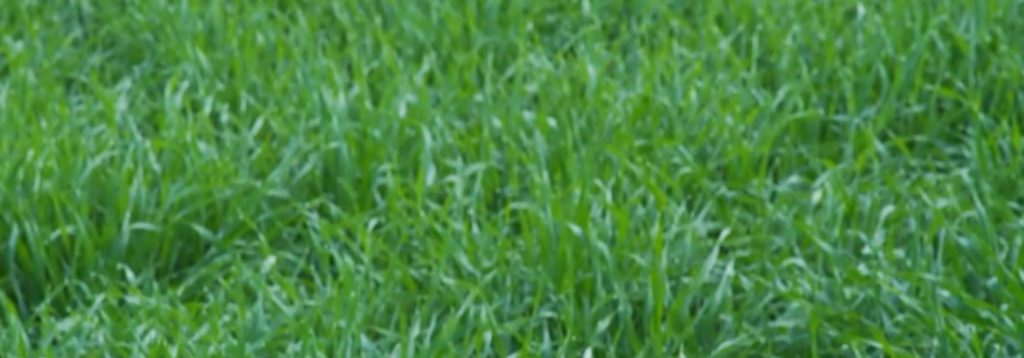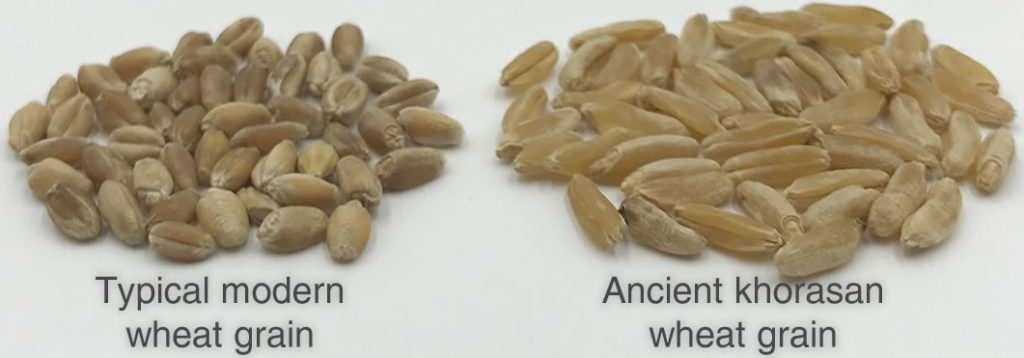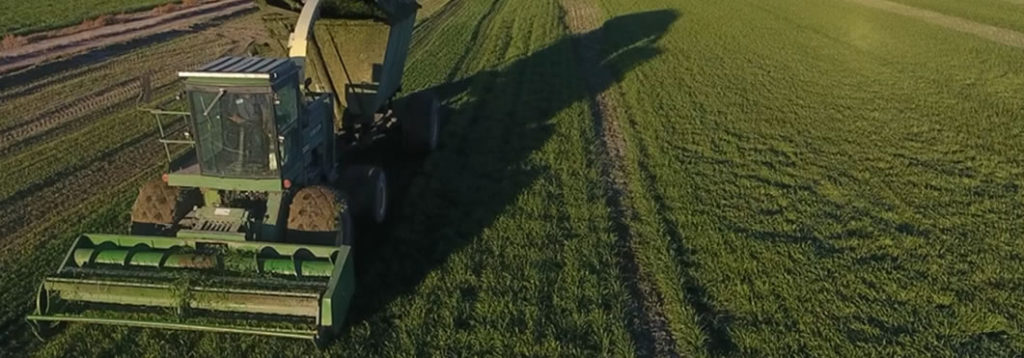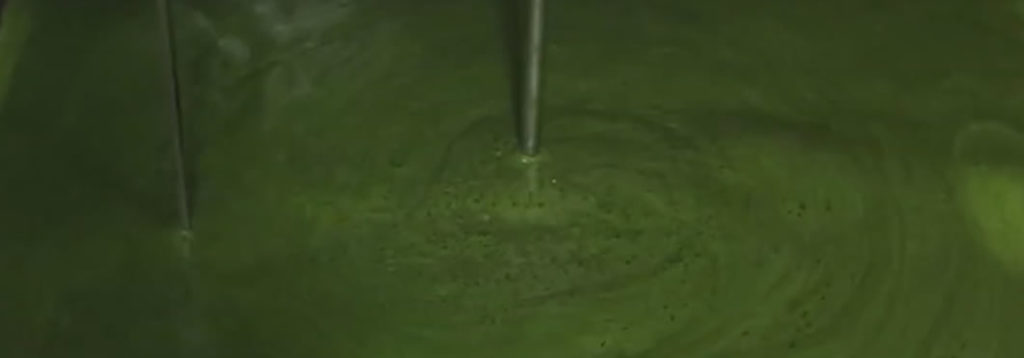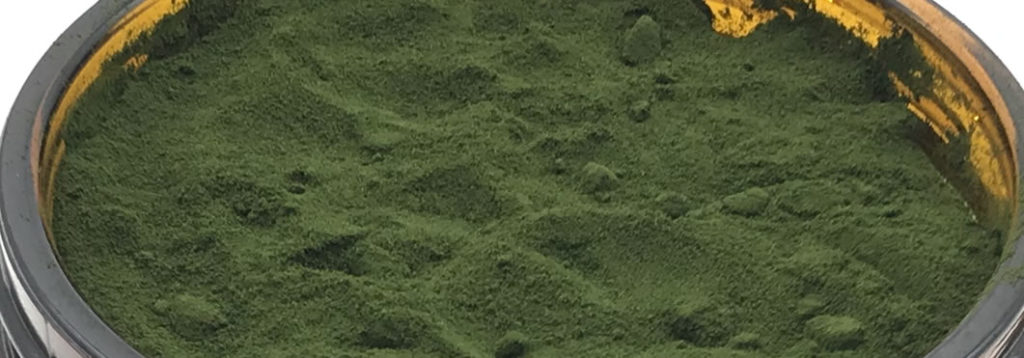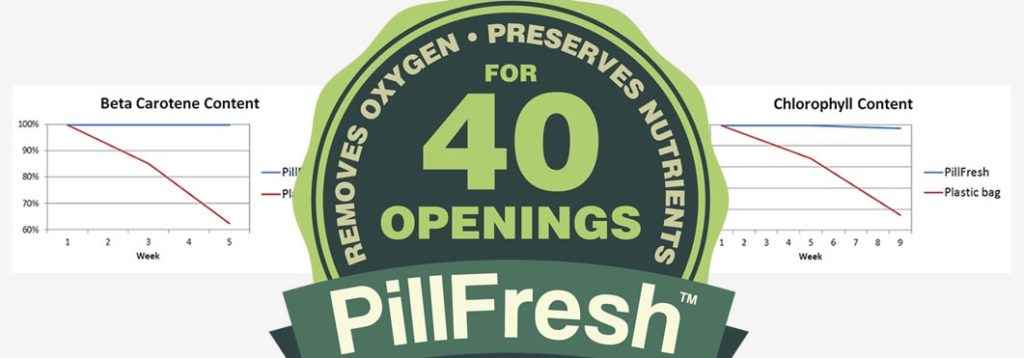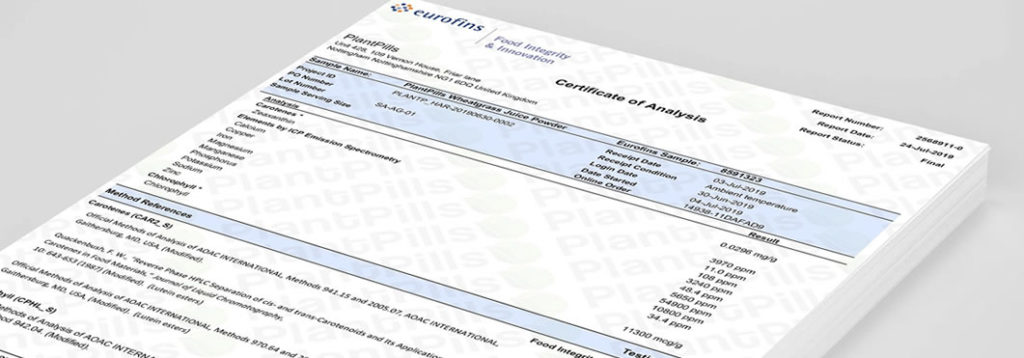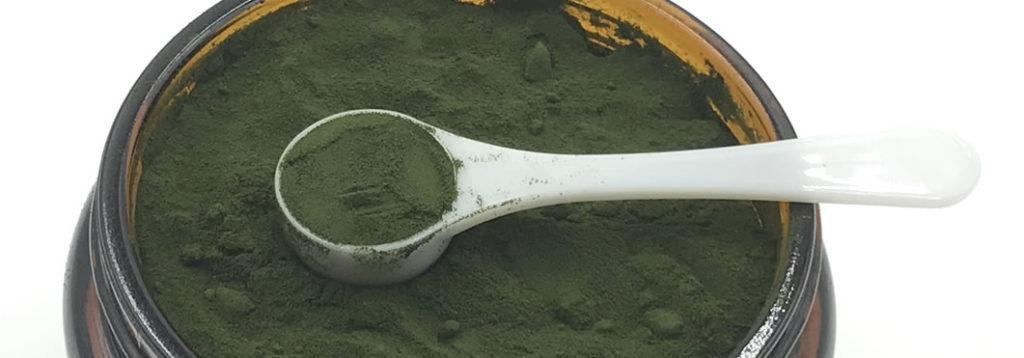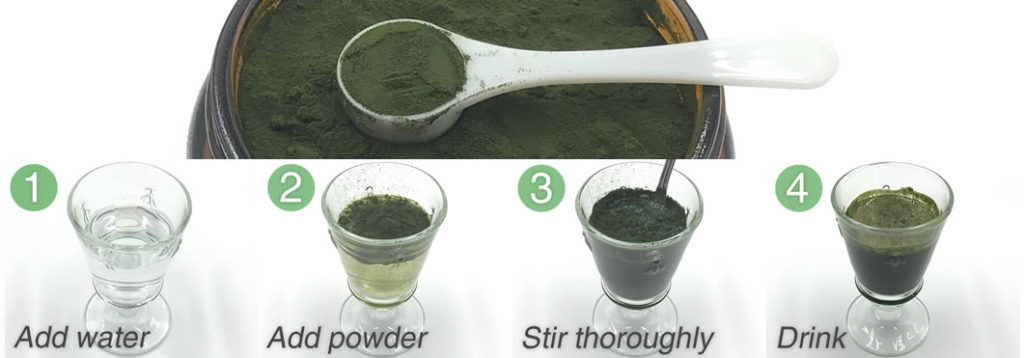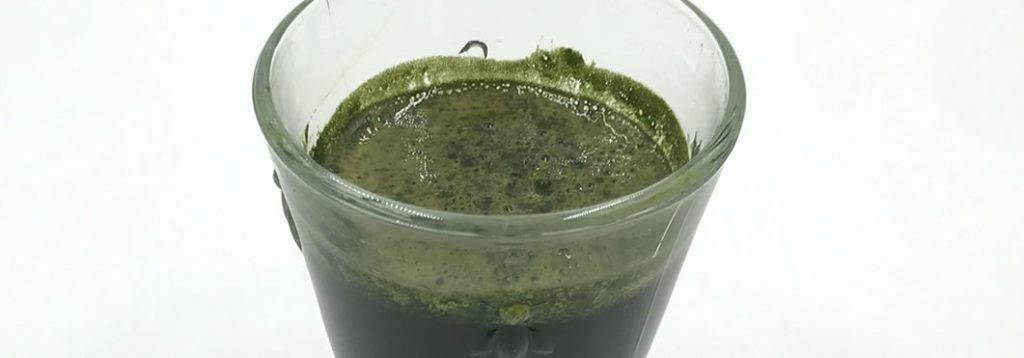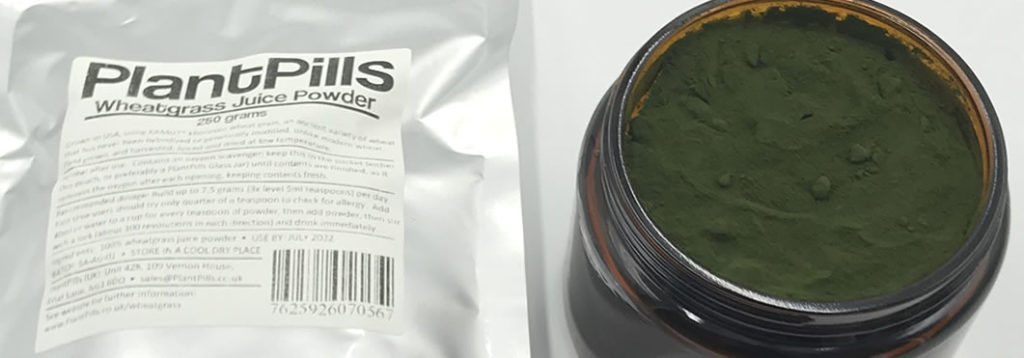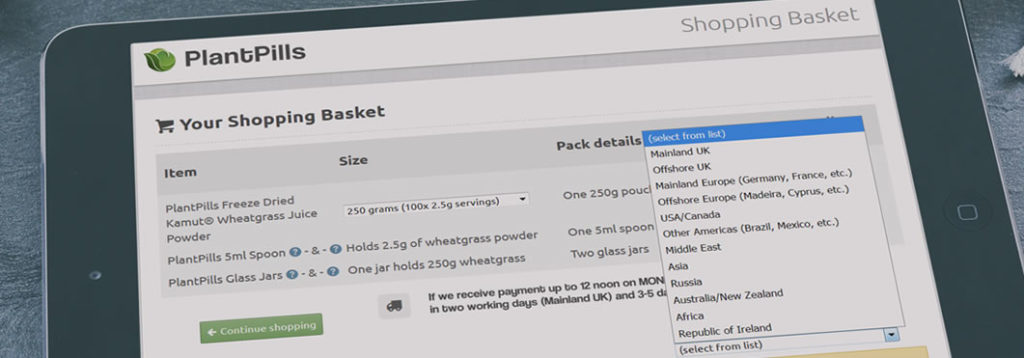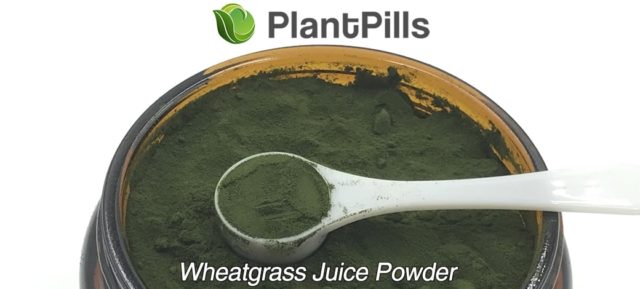
We’re thrilled to announce the launch of our Raw, Field-Grown, Freeze-Dried, Kamut® Khorasan Wheatgrass Juice Powder.
Discovered in the 1890s, and pioneered by Charles Franklin Schnabel in the 1930s, Ann Wigmore in the 1950s, Yoshihide Hagiwara in the 1970s, Steve Meyerowitz in the 1990s, and validated by numerous human studies, wheatgrass has a long history of being beneficial to human health.
Although wheatgrass contains some nutrients in relatively high amounts, it is the sheer number of nutrients that is remarkable; wheatgrass contains most of the known vitamins and minerals, 297 proteins, over 80 active enzymes including the anti-oxidant and anti-ageing enzyme superoxide dismutase (SOD), fatty acids, immunomodulators, growth hormones, phytonutrients such as chlorophyll, carotenoids (including alpha-carotene, beta-carotene, xanthophylls, and zeaxanthin), bioflavonoids, growth factors, RNA, DNA, and a highly important group of unclassified micro-nutrients simply referred to as grass juice factors.
What makes our wheatgrass juice powder unique?
Growing, harvesting, processing and packaging high quality wheatgrass is difficult. Our R&D department has spent more than 5 years developing what we believe to be the highest quality wheatgrass juice powder available…
Grain species
It’s often overlooked, but an important part of growing high quality wheatgrass is using a high quality grain. The vast majority of wheatgrass products use a modern wheat grain. These grains have been genetically modified via hybridization for the purposes of disease resistance and maximising wheat yield.
We use an ancient, heirloom variety called Kamut®, which has never been hybridized or genetically modified, unlike modern wheat. Kamut® wheat is organically grown, and gram for gram has several nutritional advantages over modern wheat, but is also 34% larger than modern wheat, giving a significantly larger nutrient base for the wheatgrass to utilise.
Field grown
Our wheatgrass is grown outside, in organic soil, in fields on an organic farm. The wheatgrass grows at a natural rate for several months, before being harvested, as opposed to about 10 days for wheatgrass grown in trays, resulting in a much higher nutritional content.
Raw, low temperature processing
A modified freeze-drying method removes all moisture from the freshly squeezed juice within a few minutes, leaving just the solids from the juice in the form of juice powder.
From the harvest of the grass to the juicing of it, to removing the moisture from the juice, to the packaging of the juice powder, the material remains raw. It’s not heated above around 40°C (around 104°F). This is very important for the preservation of the active enzymes, vitamins, minerals and phytonutrients that are denatured or destroyed by heat.
When water is added to our wheatgrass juice powder, the resulting liquid is virtually identical to freshly squeezed wheatgrass juice, as the only processing that was done to the original juice was the removal of the water at low temperature.
Juice powder
We use the juice solids, known as wheatgrass juice powder. Many wheatgrass products are whole leaf products. Drying the whole grass leaf and then milling it into a powder is much easier and cheaper, but contains the non-nutritional cellulose fibre, which offers no vitamins or minerals and slows down the digestion.
The powder of the juice is vastly more nutritious than whole leaf wheatgrass powder.
Packaging
What a waste it would be, to go to the trouble of making such high quality wheatgrass juice powder, just for the nutrients to rapidly deteriorate after opening the packet.
Our proprietary PillFresh™ packaging continually removes oxygen for 40 openings, continuing to keep wheatgrass fresh, preserving the nutrients.
Testing
Any retailer or producer of wheatgrass should be able to show you tests from a third party laboratory to back up any claims they make about the nutritional content. Without third party testing, it’s completely unknown whether the product is what it claims to be, and whether it’s even safe for human consumption. The product could be riddled with heavy metals, yeast, mould or bacteria.
We have third party laboratory test certificates available, detailing the content of carotenoids, zeaxanthin, calcium, copper, iron, magnesium, manganese, phosphorus, potassium, sodium, zinc, chlorophyll and superoxide dismutase (SOD).
We also have third party laboratory tests confirming there is no trace of 69 pesticides and organic contaminants, as well as the absence or safe levels or yeast, mould, bacteria and heavy metals.
How much wheatgrass was grown and juiced per pack?
One 250g pack of PlantPills Wheatgrass Juice Powder contains the solids of 4.1 litres of wheatgrass juice (1.1 US gallon), which is 138 shots (30ml or 1oz measures) of wheatgrass.
The 4.1 litres of wheatgrass juice was extracted from 5.3 kilograms (11.7 lb) of fresh raw Kamut® wheatgrass, which is roughly equivalent to 12 trays of wheatgrass (each tray measuring 40x28cm or 16×11”).
How do I take wheatgrass juice powder, and how much?
-
Add water
Add 40ml of water to a drinking glass for every teaspoon of powder you intend to add.
In the above example, 120ml of water has been added to the grass, because we are going to add three teaspoons of wheatgrass juice. -
Add powder
One teaspoon (5ml – the size of the included white spoon) holds roughly 2.5g of wheatgrass juice powder. Add the wheatgrass juice powder on top of the water.
In the above example, three level white scoops have been added to 120ml of water. -
Stir thoroughly
Use a fork to stir the wheatgrass juice powder into the water. Roughly 100 revolutions in each direction is enough to thoroughly mix the water with the powder. Some clumps may remain, it is not an issue. -
Drink!
Please note that when drinking wheatgrass juice, it is best to hold some in the mouth for a while. Spread it around the mouth, including on the cheeks and under the tongue, holding the contents in the mouth for a minute or so, like a mouthwash, before swallowing.
This route of administration is called buccal and sublingual, and provides highly efficient absorption of some of the molecules within wheatgrass juice. Some of the absorption is provided via the blood vessels under the tongue, bypassing the digestive tract, and can result in a much more efficient absorption rate, depending on the molecule.
What does wheatgrass juice taste like?
While all wheatgrass juice has a taste similar to the smell of freshly cut grass, feedback from our clients suggests that our wheatgrass juice tastes much smoother and sweeter than other wheatgrass juice.
How is it packaged? Do I need containers?
The only reliable methods for storing food produce in an oxygen free environment are aluminium-lined pouches, and glass jars. Plastic is permeable to oxygen, so is not suitable.
We supply our wheatgrass juice powder in aluminium-lined pouches, which are perfect for storage and transportation. The pouches are re-sealable via the integrated grip-seal, and aluminium never comes into contact with the powder. However, grip-seal mechanisms are generally not reliable for storage of produce in an oxygen free environment, and opening and closing this for every serving can be fiddly.
For convenience, we have glass jars available for purchase at checkout. They are easy to open and close, always create an excellent seal, and are the most reliable for storage of produce in an oxygen free environment.
The jars are re-usable, and are supplied with integrated seals on the lids. The jars also protect the wheatgrass juice powder from damage from light, but they should still be stored in a cool, dark place.
Do you deliver to my country?
Yes! Although we are in the UK, we deliver worldwide. The shipping costs are automatically calculated in the shopping basket.
Please see the main wheatgrass page for further details and sources.
